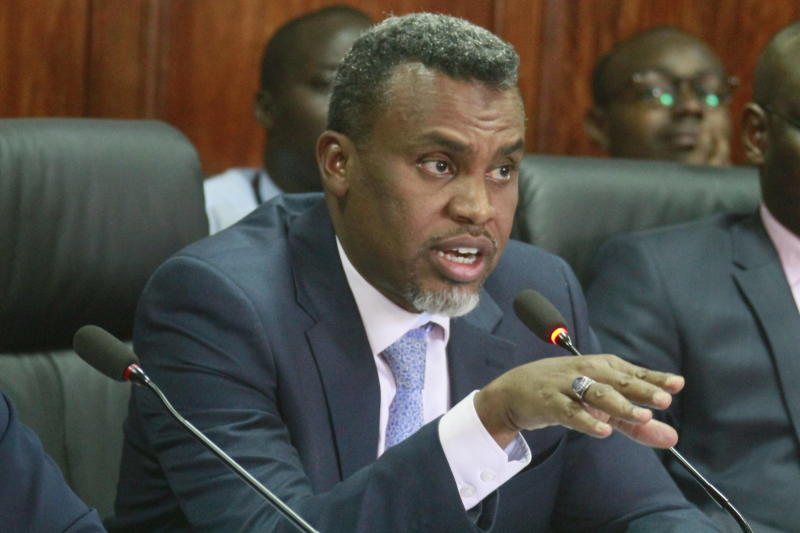×
The Standard e-Paper
Home To Bold Columnists

Reports by parliamentary committees investigating various crimes cannot be used in a court of law, according to Directorate of Public Prosecutions.
Deputy DPP Jacob Ondari's revelation now dents ongoing investigations by both the National Assembly and the Senate whose recommendations, including on prosecution, will not necessarily be acted upon.